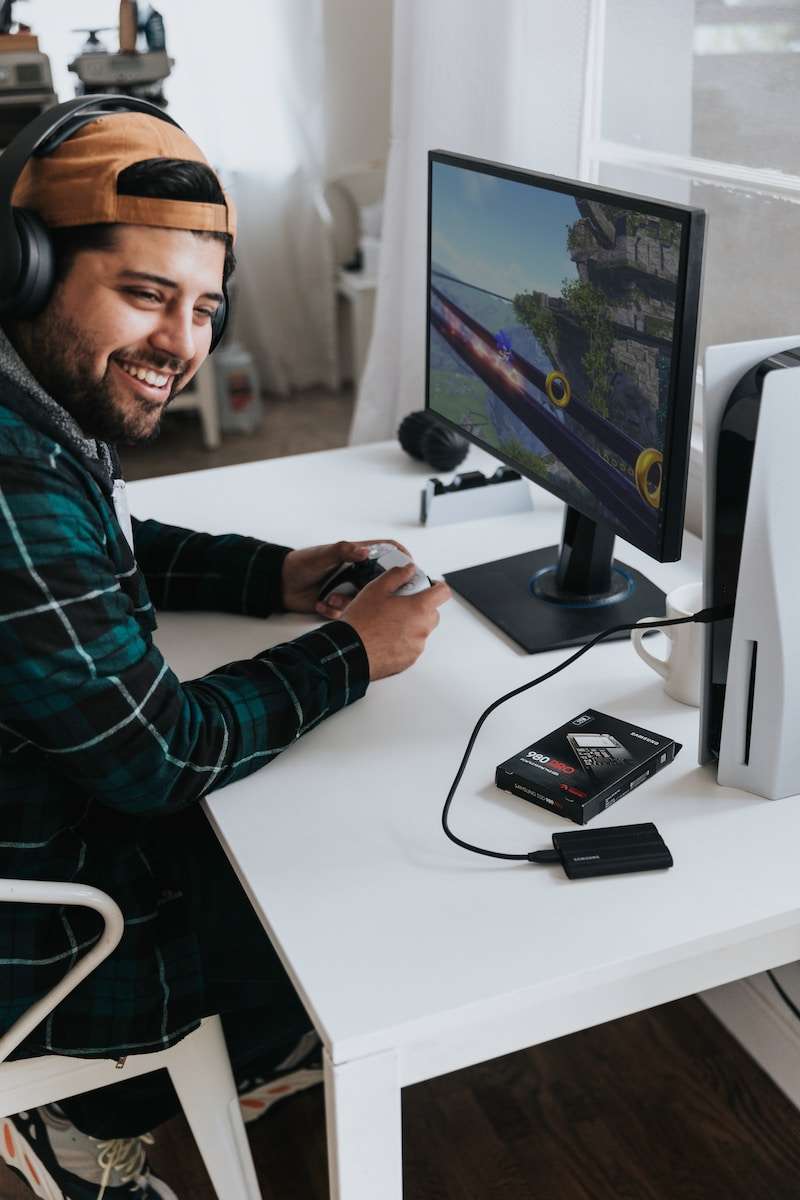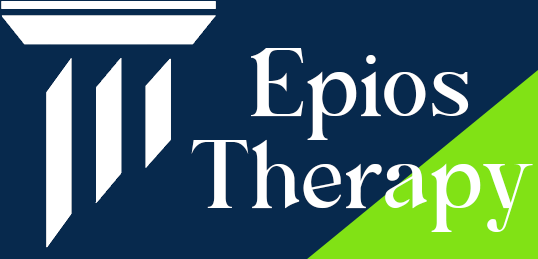about
Attention-Deficit / Hyperactivity Disorder (ADHD)
ADHD stands for Attention Deficit Hyperactivity Disorder and is a neurodevelopmental disorder that is characterized by persistent patterns of inattention, hyperactivity, and impulsivity that can interfere with daily functioning or development. It’s not just about being hyper or easily distracted; it’s also struggling to focus on tasks, staying organized, and managing time. ADHD also can have a significant impact on various aspects of an individual’s life, including academic and occupational performance, relationships, and overall well-being.
People with ADHD might forget things easily or feel restless, like they’re always itching for something new or exciting. But despite the challenges, there’s often a lot of creativity and energy bubbling under the surface, ready to burst out when focused in the right direction. At Epios Therapy we look to work on symptom management while also harnessing some of the positives that ADHD can provide if channeled properly.

Symptoms of ADHD
Inattention
- Fidgeting or restlessness
- Inability to stay seated in situations where it is expected
- Excessive talking
- Difficulty waiting for one’s turn
- Impulsive decision-making, leading to negative consequences

Hyperactivity and Impulsivity
- Difficulty sustaining attention in tasks or play activities
- Frequent careless mistakes in work or other activities
- Difficulty organizing tasks and activities
- Avoidance or reluctance to engage in tasks that require sustained mental effort
- Forgetfulness in daily activities

DIAGNOSING
Do I Have ADHD?
It’s important to note that ADHD symptoms can manifest differently in individuals. Some may predominantly display symptoms of inattention, while others may exhibit more hyperactivity and impulsivity. Additionally, ADHD can co-occur with other mental health conditions, such as anxiety or depression. The exact cause of ADHD is not fully understood, but a combination of genetic, neurological, and environmental factors is believed to contribute to its development. Diagnosis is typically made based on a comprehensive assessment that considers the individual’s symptoms, developmental history, and the impact of symptoms on daily functioning.
How to Treat ADHD?
Cognitive Behavioral Therapy (CBT)
CBT focuses on identifying and changing negative thought patterns and behaviors. In the context of ADHD, CBT can help individuals recognize and challenge unhelpful thoughts and develop more effective coping strategies for managing symptoms such as impulsivity, inattention, and hyperactivity.
Mindfulness-Based Therapy
Mindfulness techniques can help individuals with ADHD increase their awareness of their thoughts, feelings, and behaviors in the present moment. By practicing mindfulness, individuals can learn to better regulate their attention, emotions, and impulses.
Social Skills Training
Many individuals with ADHD struggle with social skills such as impulse control, communication, and interpersonal relationships. Social skills training aims to improve these skills through instruction, modeling, role-playing, and feedback.
Behavioral Therapy
This type of therapy involves identifying specific behaviors associated with ADHD and implementing strategies to modify them. Behavioral therapy often includes techniques such as reinforcement, rewards, and consequences to encourage positive behaviors and discourage negative ones.
Don't Deal With Your ADHD Alone
Dealing with ADHD can feel like navigating a maze with no map, but the burden of it doesn’t have to solely fall on your shoulders. Whether it’s seeking support from understanding friends, chatting with peers with similar struggles in online communities, leaning on family memebers, or reaching out to us at Epios Therapy, there are a lot of people ready to offer a listening ear or a shoulder to lean on. Clinical treatment for ADHD often calls for a multipronged approach, including behavioral interventions, psychoeducation, and, in some cases, medication. Getting a therapist for ADHD can provide valuable support and guidance in developing coping strategies tailored to your unique challenges. We offer a safe space to explore your experiences, emotions, and behaviors, helping you navigate the ups and downs of ADHD with greater understanding and resilience. Reach out today and begin tackling this with extra support.
